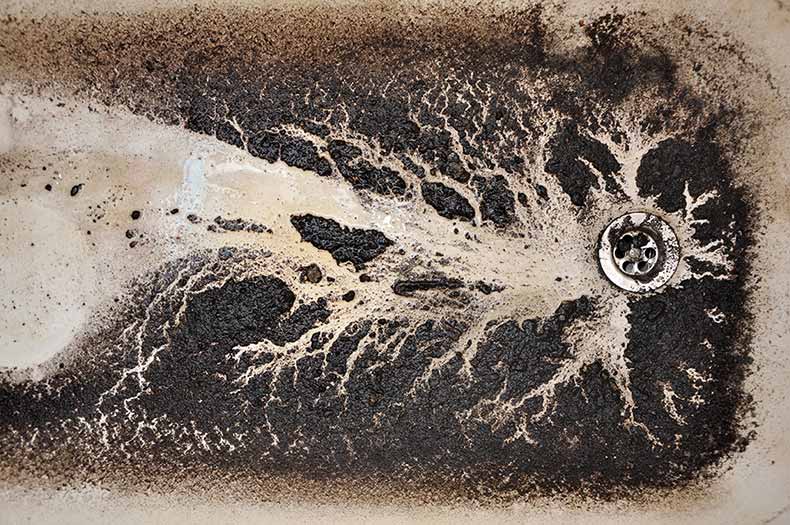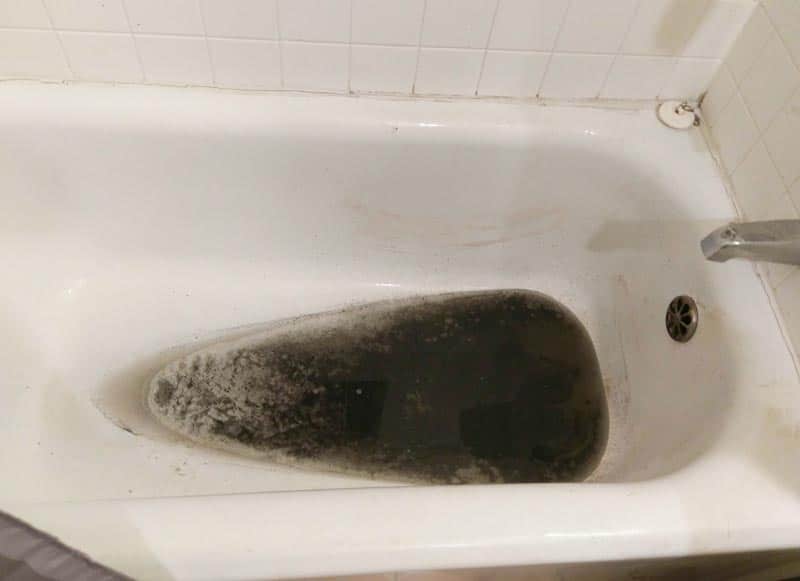Your Guide to Effluent Emergence in the Bathtub
Your Guide to Effluent Emergence in the Bathtub
Blog Article
We've uncovered this post involving Water Coming up Bathtub Drain listed below on the web and decided it made good sense to talk about it with you on this page.

Sewage backup in the tub can be a distressing and unhygienic trouble for any kind of homeowner. Not just is it inconvenient, however it likewise presents major wellness dangers and suggests underlying issues with the plumbing system. Understanding why sewage is coming up through the tub is vital for taking proper action to address the problem successfully.
Intro to the Concern
Recognizing the Issue
When sewage starts backing up right into the bathtub, it's a clear indicator of a trouble with the water drainage system. The wastewater that should be flowing far from your home is rather finding its back into your home, which can bring about significant damage and carcinogen.
Prospective Causes
Numerous variables can contribute to sewer backup in the bathtub. From blockages in the drain line to issues with the plumbing facilities, determining the origin is necessary for locating a service.
Usual Reasons for Sewage Back-up
Blockages in the Drain Line
Among the most usual root causes of sewage back-up is an obstruction in the drain line. This can take place because of the buildup of particles, grease, or foreign objects in the pipelines, stopping correct circulation and triggering sewer to support into your bath tub.
Tree Origin Intrusion
Tree roots looking for moisture and nutrients can infiltrate drain lines with little splits or joints. In time, these roots can grow and broaden, triggering substantial damages to the pipelines and bring about sewer backup problems.
Aging Framework
Older homes may have outdated plumbing systems that are more at risk to rust, cracks, and deterioration. As pipelines age, they end up being a lot more prone to leaks and clogs, boosting the likelihood of sewer back-up occurrences.
Heavy Rainfall or Flooding
During durations of heavy rainfall or flooding, the drain system may become overwhelmed with excess water, causing backups and overflows. This can cause sewer supporting into tubs and other components inside the home.
Health Dangers Associated with Sewer Backup
Contamination of Supply Of Water
Sewage backup can pollute the water in your house, posing a major health risk to you and your family members. Exposure to contaminated water can result in gastrointestinal concerns, skin infections, and various other health problems.
Spread of Illness
Sewage includes harmful germs, infections, and parasites that can cause a series of diseases, including liver disease, cholera, and gastroenteritis. Entering into contact with sewer or contaminated surface areas puts you in danger of infection.
Mold Development
Dampness from sewer backup can develop optimal problems for mold and mildew growth in your home. Mold spores can aggravate breathing problems and cause allergies in sensitive individuals, making prompt cleanup important.
Signs of Sewage Backup
Foul Odors
Undesirable odors emanating from drains or fixtures, particularly in the restroom, may show sewer backup issues. These smells are commonly strong and persistent, indicating a trouble that requires instant focus.
Slow Draining Fixtures
Bath tubs, sinks, and bathrooms that drain slowly or not at all could be experiencing sewage backup. If numerous components are impacted all at once, it's likely that the problem originates from a common factor, such as the major sewer line.
Gurgling Sounds
Weird gurgling or gurgling noises originating from drains pipes when water is running somewhere else in your house are indicative of air entraped in the plumbing system. This air buildup can arise from sewage back-up and must be examined promptly.
Immediate Actions to Take
Turning Off Water
In case of sewage backup, it's essential to switch off the water supply to avoid additional contamination and damage. Find the main water shutoff valve in your home and shut it off till the concern can be resolved.
Contacting an Expert Plumber
Taking care of sewage backup is not a do it yourself work. Contact a certified plumber with experience in managing sewage-related problems to evaluate the situation and carry out necessary repairs or cleanups.
Avoiding Contact with Infected Water
Up until the sewage backup is solved, stay clear of contact with polluted water to avoid the spread of germs and pathogens. Put on protective gear if you need to remain in the affected location and clean your hands extensively later.
Preventive Measures
Routine Maintenance of Drain Lines
Arrange normal examinations and upkeep of your sewer lines to identify and address potential problems prior to they intensify right into major issues. This can include clearing out debris, examining for tree origin invasion, and repairing any kind of broken pipes.
Installing Bayou Valves
Think about installing backwater shutoffs in your plumbing system to prevent sewer from flowing back into your home throughout periods of heavy rainfall or flooding. These valves instantly close when water starts backing up, shielding your property from contamination.
Appropriate Disposal of Home Waste
Avoid purging anything aside from toilet tissue and human waste down the commode to prevent blockages and blockages in the sewer line. Dispose of grease, oil, and other household chemicals properly to reduce the risk of plumbing issues.
Cleaning Up After Sewer Backup
Disinfection Procedures
Extensively decontaminate and sanitize affected areas after sewer backup to remove unsafe germs and avoid mold growth. Usage appropriate cleaning items and protective gear to make sure secure and effective clean-up.
Restoration of Affected Areas
Fix any damage to floor covering, wall surfaces, or components triggered by sewer back-up. Depending upon the level of the damages, you might need to change carpets, drywall, or various other materials to recover your home to its pre-loss problem.
Why Is Water Backing Up in My Bathtub When I Flush My Toilet?
What to do about a sewer line clog
First, don’t bother with plunging. No amount of plunging will dislodge the clog in a sewer line. The clog is too far away. Plungers are for clogs in the toilet itself, not the sewer line. Plus, the most likely causes of a sewer clog are:
Tree roots Flushed toys or feminine products Grease buildup Those items don’t move easily. And in the case of tree roots, the roots need to be cut out of the pipe and the pipe will need to be repaired.
You’ll need a closet auger. A closet auger is a type of plumber’s snake with a protective cover to keep from scratching the delicate porcelain toilet. If the clog is further down, you may need to remove the toilet or use one of your cleanouts to get to the clog.
We also recommend doing a video inspection of the drain to ensure that the cause of the clog has been completely removed. Otherwise, you could have the same problem again in a few days or weeks.
https://mspplumbingheatingair.com/blog/why-is-water-backing-up-in-my-bathtub-when-i-flush-my-toilet

We hope you enjoyed our excerpt about Water Coming up Bathtub Drain. Thanks for taking time to browse our piece of content. Sharing is nice. You just don't know, you will be doing someone a favor. I cherish your readership.
Here
Report this page